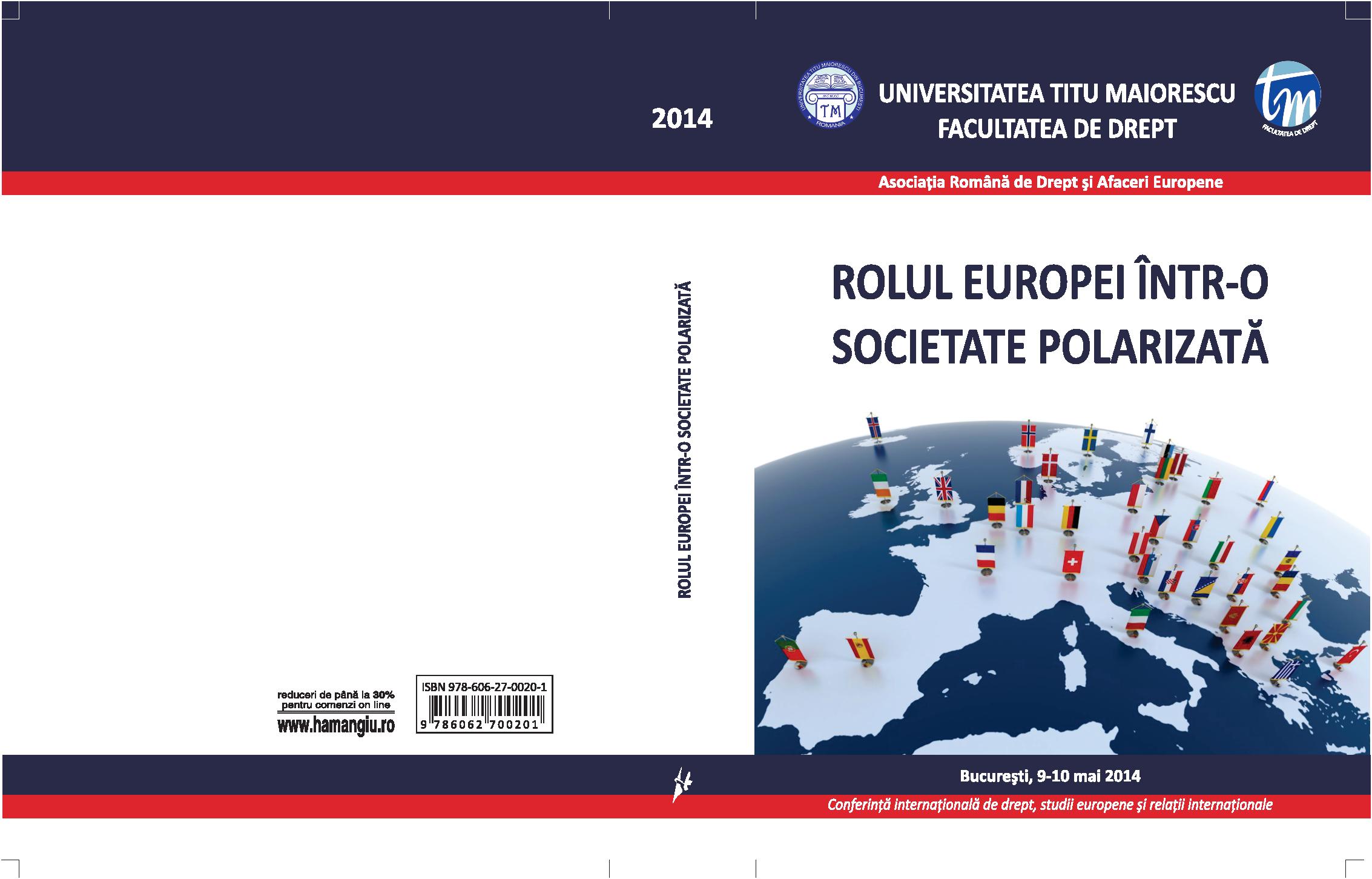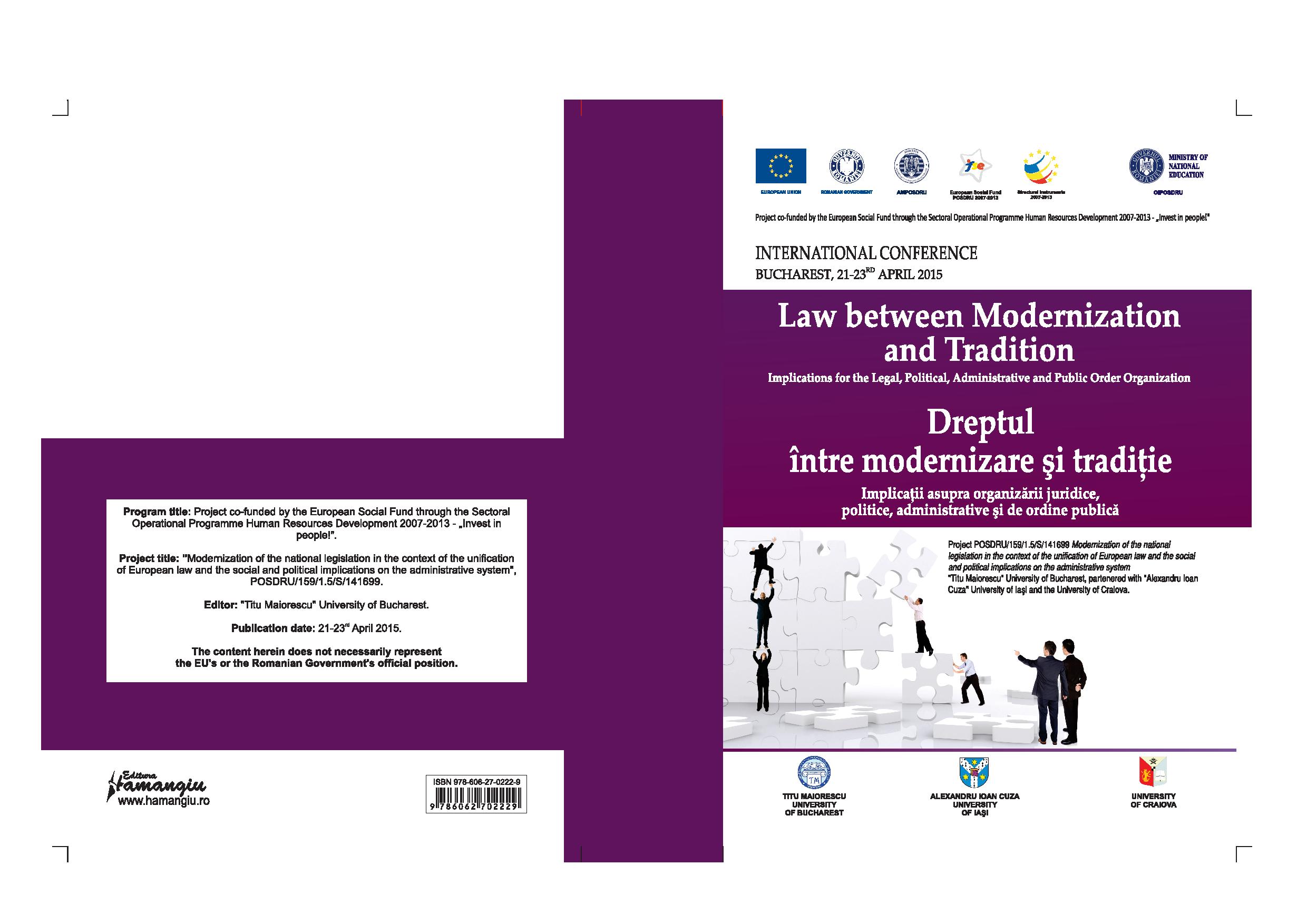Author(s): Bazil Oglindă / Language(s): Romanian
Issue: II/2014
With respect to matters related to contractual negotiations, the cultural differences between various systems of law have faded out in the European context, considering the regulations of the Principles of European Contract Law and the Draft Common Frame of Reference.Also, the legislator of the new Romanian Civil Code adopted, through Article 1183, a modern regulation as regards the contractual negotiation matters, such being inspired both by Unidroit Principles and the Principles of European Contract Law.The subject matter is of maximum novelty; it refers to the legal liability for breaking off negotiations, where the negotiations are governed by the principle of freedom, in the sense that a party is entitled to terminate the negotiations at any time and it is not held to continue those negotiations that do not correspond to its purposes, mainly its economic purposes. The matter of legal liability for breaking off negotiations presents legal subtleties and difficulties of approach, from a practical point of view in most cases.In this context, we approached the matter of negotiations principles under the Romanian law, namely: the principle of freedom of negotiations and the principle of negotiations in good-faith. Further, we approached the matter of contractual liability, in the sense that this form of legal liability, as any form of civil liability, presumes the cumulative fulfilment of the following elements: the wrong, the intention, the link of causality and the prejudice. In the particular context of negotiations, these elements transpose into the existence of a collusive breaking off negotiations, which means a breaking off performed with the violation of the obligation to negotiate in good faith. In the same time, we listed several practical situations where the principle of negotiations in good faith may be violated, with a view upon the obligation to inform of the contractual partners, the obligation of counselling, the obligation of confidentiality, the obligation of probity, the obligation of loyalty, etc.The second condition of liability for breaking off negotiations refers to the existence of a prejudice incurred by the other contractual partner. In the context of Romanian regulations and the European regulations referred herein, there are some legal criteria which the legislator envisaged for exemplification purposes and which we approached both in light of the regulations and the relevant foreign case law.Also, we approached the legal nature of liability for breaking off negotiations, and, as a conclusion we mentioned the special conditions, exceptional and particular, where the legal liability of a partner which break off the the contractual negotiations unexpectedly may be held, under the Romanian law and the European law, and we delimited the categories of prejudices for which it can be held liable.
More...


